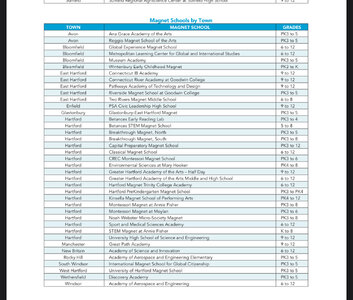- Joined
- Jun 8, 2008
- Messages
- 56,727
Interested in hearing others thoughts about this if you’re willing to share
Let's be real, removing Affirmative Action doesn't affect admissions decisions that much, to the extent that there are still indicators of race based on the student's Last name. My kids were both straight A students with >4.5 GPA, >1500 SATs and played Varsity level sports in high school. They did not get into the to the 2 top UC's (UCLA, Berkeley) because of their apparently Asian last name. Their non-Asian counterparts with similar or lesser stats were admitted to those Universities much to our disappointment. Racial bias exists and will still affect admissions despite the supreme court's ruling.
That's interesting. I had thought about it that way yet. But I agree the court is messed up.
That's interesting. I had thought about it that way yet. But I agree the court is messed up.
I admit to not being fully knowledgeable about this, but it does come off a bit wacky lol.

I’m pretty sure most on here will disagree with me. I am also a retired teacher. I believe in equal opportunity for all, not equity. I believe in school choice. Tax dollars should follow the child and schools should have to compete to be the best. I believe that competition would provide the best outcomes for our children and those in disadvantaged neighborhoods would not be stuck in horrible schools that have math and literacy grades that are in the tank.
If we started at the grade school level, hopefully more diverse students, who had better opportunities, would be excelling by the time they graduate high school and thereby creating diversity in universities.
I believe in school choice. Tax dollars should follow the child and schools should have to compete to be the best.

Speaking about the transportation aspect, it probably would not be much different from how transportation is handled for magnet schools. At least here in CT the child’s district pays for the transportation for a child to go to a magnet school.
But aren't there a limited number of magnet schools and those have limited enrollment? For instance, there are only two in my county in Massachusetts while there are approximately 200 public schools. So the low number of magnet schools would seem to limit the amount of transporting that needed to be done. If it was a wide open system, I would imagine it would require a lot more transportation of students to many more schools than the number of magnet schools in an area.
